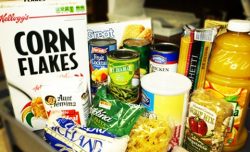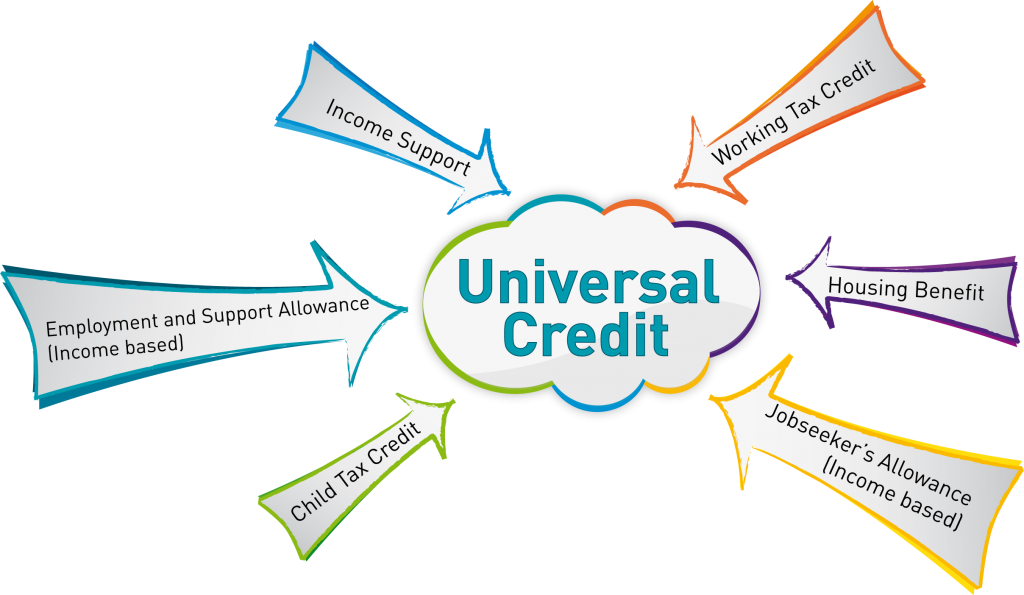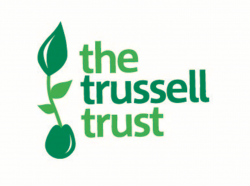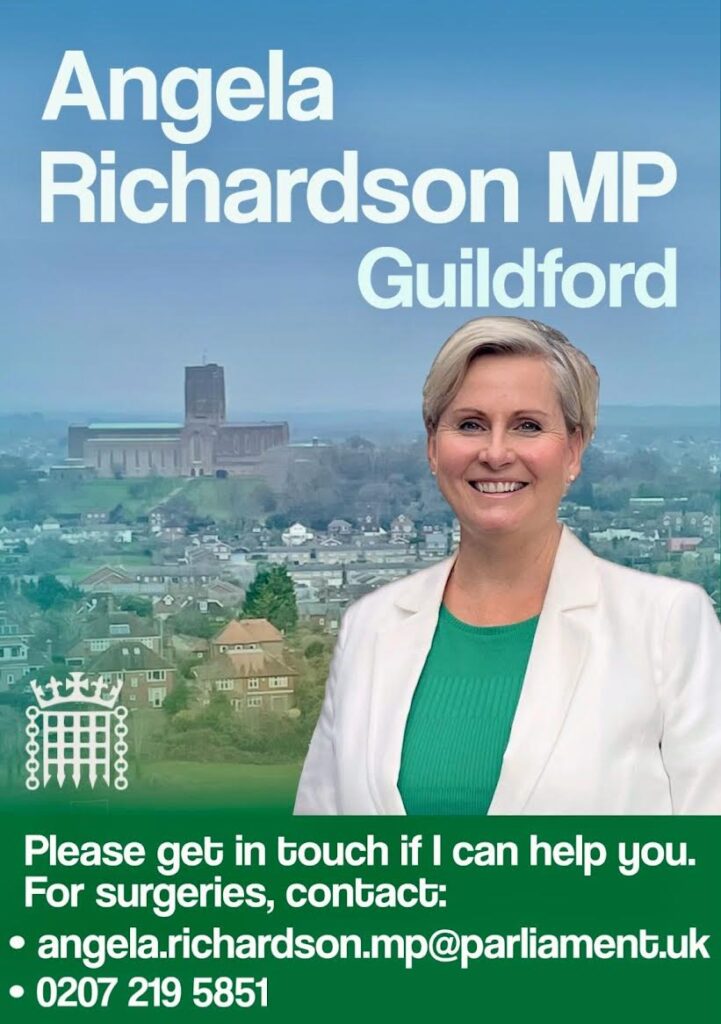- Stay Connected
 Abraham Lincoln
If given the truth, the people can be depended upon to meet any national crisis...
Abraham Lincoln
If given the truth, the people can be depended upon to meet any national crisis...
 Guildford news...
for Guildford people, brought to you by Guildford reporters - Guildford's own news service
Guildford news...
for Guildford people, brought to you by Guildford reporters - Guildford's own news service
Surrey’s Universal Credit Rollout ‘Threatens Autumn Rush on Food Banks’
Published on: 7 Jun, 2019
Updated on: 6 Jun, 2019

Groceries at a Guildford food bank
By Rebecca Curley
local democracy reporter
A rush of people needing emergency supplies from food banks is feared as Universal Credit spreads through Surrey, and welfare experts stress the need for an alternative to handouts.
They say there should be more collaboration with supermarkets to help people access food in a crisis and that although food banks do great work, they are not a long-term solution.

Universal Credit is replacing several different goverment benefits
Trussell Trust research in a Food Poverty report for Guildford Borough Council revealed a rise in the use of food banks 12 months after people start receiving the new benefit. It replaces child tax credit, housing benefit, income support, jobseekers’ allowance, income-related employment and support allowances and working tax credit.
Surrey was one of the last areas to receive the full rollout of Universal Credit. New claimants in Guildford were switched on to the scheme in October and November last year and will be moved to the new system as circumstances change. So far, 728 people in Guildford are receiving it.
 The Trussell Trust research suggests “in areas of full roll-out of the Universal Credit scheme there is a demonstrable increase in demand for local food banks”.
The Trussell Trust research suggests “in areas of full roll-out of the Universal Credit scheme there is a demonstrable increase in demand for local food banks”.
Their figures show that, on average, 12 months after the rollout, food banks had a 52% increase in demand compared to 13% in areas with Universal Credit for three months or less
Professor Martin Caraher, professor of food and health policy at the University of London, told councillors at GBC overview and scrutiny meeting on Tuesday (June 4), that food banks were not the solution to food poverty.
He said poverty was not about charity but that most of society’s responses to dealing with poverty were “based around charity”.
He added: “My point isn’t that things like food banks are bad themselves. But the need for food banks themselves shows a dismantling of the state.”
The report showed that the North Guildford Food Bank, a group of three at different locations, recorded key drivers of their emergency food aid in 2017 as being 31% of users having benefit problems, 31% of users were homeless or had debt issues or a delay with wages or sickness and 34% were on low income.
Maria Zealey, from Surrey Welfare Rights Unit, told councillors: “The significant rise of food bank use after Universal Credit arrives in a local area is the tip of the iceberg.
“We shouldn’t have food banks. They are here at the moment, but what can we do instead and what can we do working with supermarkets?”

Cllr Colin Cross
Cllr Colin Cross, (R4GV, Lovelace), referring to the 52% increase of food bank use 12 months after Universal Credit is rolled out, said: “If my arithmetic is correct, we are halfway down that road so we are probably having a 25% increase in demand for our food banks which will rise to 50% and that will be a crisis level.
“We ought to be looking at what we can do about that if it’s happening as we speak.”
But the Department for Work and Pensions says the reason behind people using food banks is “more complex”. A DWP spokesperson said it was hard to attribute a rise in food bank use to Universal Credit because data such as that relating to unemployment and other factors needed to be considered.
In Guildford, there are about 1,020 people looking for work, an increase of only one compared to the year before, she said. “For those who need extra support, the government spends more than £90 billion a year on support for those who need it, including those who are on low incomes.”
The food poverty report will be considered by councillors at July’s full council meeting.













Recent Comments